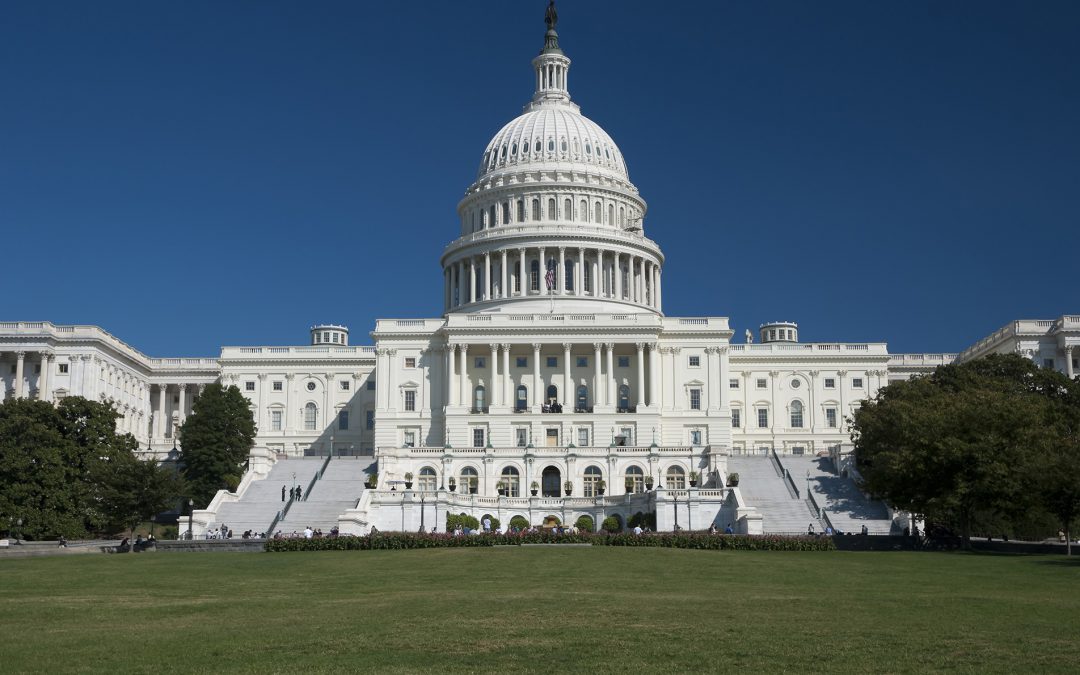WASHINGTON — The Senate moved closer Wednesday to ending U.S. support for Saudi Arabia’s war in Yemen, a rebuke of the close U.S. ally amid outrage over the Middle Eastern kingdom’s war in which tens of thousands of civilians have been killed.
The Senate took a procedural vote, which passed 63-37, that will send the resolution to the floor for debate. If passed, it would prompt the end of U.S. arms transfers and prohibit the use of U.S. troops in a conflict that has destroyed the Middle East’s poorest nation.
“The question is who is the world’s leading military power?” said Sen. Bernie Sanders, an independent who caucuses with Democrats and a co-sponsor of the resolution along with Sen. Mike Lee , R-Utah. “The last that I heard it was not a two-bit Saudi dictatorship, it was the United States of America. We have got to make a decision as to what happens in the war in Yemen and our role in that.”
The resolution passed with support from Democrats and Republicans who had voted against a similar resolution in March.
Sen. Bob Menendez of New Jersey, the top Democrat on the Senate Foreign Relations Committee, voted against the measure previously, yet supported the Sanders-Lee resolution.
“Since then, all I have seen is the bombing of a school bus full of children, a series of other civilian targets bombed. That is not something that I want the United States involved in,” Menendez said.
Democratic Sen. Chris Coons of Delaware, who also voted against the resolution previously, said that “it’s time for us to send a clear and strong signal to our close ally Saudi Arabia that actions that violate our core values… will have consequences.”
“I think this is a warning that the nature of American-Saudi relations has to change,” said Rashid Khalidi, the Edward Said professor of Modern Arab Studies at Columbia University. “I think that the Yemen war is a serious enough issue that this should be a red flag to the king and the crown prince and the royal family, who have absolute power.”
The U.S.-Saudi war in Yemen, which began in 2015, has killed tens of thousands of civilians and resulted in what the United Nations deems the world’s worst humanitarian crisis. Millions are on the brink of starvation, with 10,000 people contracting cholera each week due to poor drinking water.
U.S. weapons have fueled the conflict. An investigation by CNN found that U.S.-supplied arms were used in scores of deadly airstrikes against civilians, including the bombing of wedding parties, apartment buildings and a school bus.
According to Khalidi, recent Saudi policies under King Salman and Crown Prince Mohammed bin Salman have spurred a backlash in Washington, the kingdom’s most important ally.
“This is new,” Khalidi said. “This level of brazenness, in terms of external interventions and in terms of what happened with the Khashoggi case. Fortunately, there’s been a reaction, but it’s been inefficient.”
Earlier in the day, senators expressed anger that CIA Director Gina Haspel did not join Defense Secretary James Mattis and Secretary of State Mike Pompeo in a closed-door meeting. Haspel is the only one of the three who has heard audio allegedly of the October killing of dissident Jamal Khashoggi by Saudi operatives in the Saudi embassy in Turkey. A CIA report indicated bin Salman orchestrated the murder.
President Donald Trump has sided with Crown Prince Mohammad bin Salman over the Khashoggi incident, saying the U.S. benefits financially from arms sales to the Saudi government.
While Trump could veto the Senate resolution and a similar resolution was prevented by House Republicans earlier this month, the vote is a surprising admonishment of the Saudi government.
The United Nations is nearing the start of peace talks between Yemen’s Saudi-backed government and Houthi rebels, which could begin in December.

